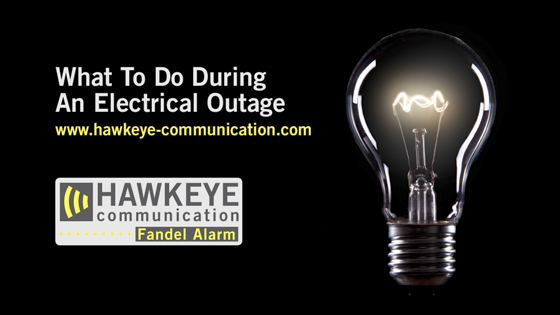What To Do During An Electrical Outage
What To Do During An Electrical Outage

Electrical outages result from many things, but mainly they occur due to storms and hazardous weather during winter months. Outages can last for minutes, hours or days to weeks if they are a result of electrical grids and power line damages. However, with the current technological innovations and advancements, electricity flickers have become rare. It is advisable though to be prepared for power outages.
What to do during an electrical outage
The need to be prepared for electrical outages is evident when the lights go off while you are in the middle of a task like cooking dinner. Your first step should be getting a source of light like a flashlight, a candle or a rechargeable lamps. The next step should be identifying the cause of the power outage. If your neighbors’ lights and the street lights are out, it means that your neighborhood is experiencing a power blackout. If on the other hand, all your neighbors have electricity, the power problem could have resulted from within your house.
The power could have been disconnected due to long term unpaid bills, blown fuses or there could be a tripped switch at the circuit box. Replace any blown fuses and reset tripped switches. If the outage did not occur due to any of the above reasons, check your home and neighborhood for construction work or digging that could have exposed electrical wires above the ground. If the power outage problem does not result from within your home contact your electric supplier.
Your next action should be unplugging all your kitchen appliances and electronics like televisions and computers. This helps to ensure home safety and prevents electronics from damages due to electrical overload when power is restored. During the power outage, keep the freezer and refrigerator doors closed to keep the foods cool until power is restored. However, use cooked items and dairy products first and discard any leftovers after a couple of days.
However, during a power outage, be extremely cautious when using alternative heating or lighting sources. For instance, never use stoves, kerosene/propane heater or charcoal grills indoors. They pose risks of emitting carbon monoxide and causing fires, yet you have a duty to ensure home safety and keep your family safe.
If you have a standby generator, ensure that it is properly connected and plug all appliances directly into it. Do not connect the generator directly to your home’s electrical system because it can send enough power up the lines to kill a power repairman trying to restore power. The generator should also be placed outside to avoid carbon monoxide emissions and poisoning.
Bottom line
Electrical outages are hazards that carry potentially serious disasters if not properly handled. Your electronics may get damaged due to the sudden power loss and sudden power overload once electricity is restored. Also, as noted above, some alternative sources of power emit carbon monoxide that is poisonous to humans when inhaled in high amounts. But, always remain calm during electrical outages. Power will always get restored in due time.